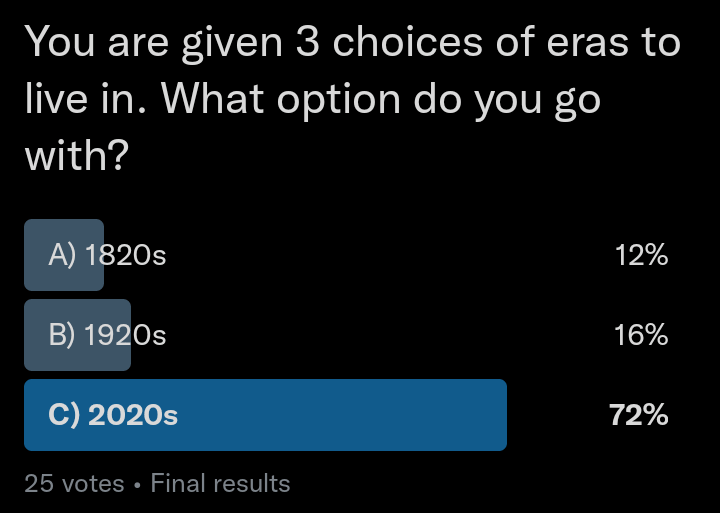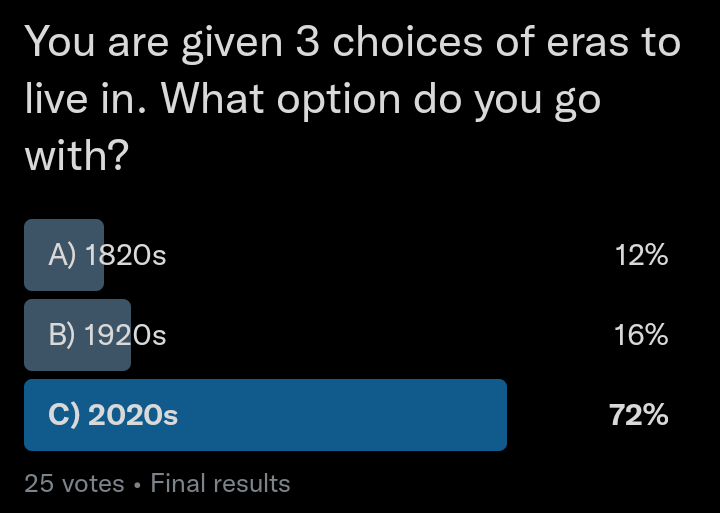The active performance of Dance, physical exercise and music, are entwined like lovers sharing a passionate embrace. In music, and dance, and the physical contortion of the body (parts), oneness is explored. The dancers could number fifty or more, the music playlist could have hundreds of songs, tens of instruments, lyrics, ululations, and more besides.
But in the dancing to the music, the individual oneness enmeshes with all the dancers, all the instruments, and songs, the self disappears, the ego goes on vacation. ALL combine together to become a BIG ONE. There is unity, there is a language in the contortions, in the rise of the crescendos, in the stillness when the whole is tired, and looking for breath, and the next moves.
A language is hidden in the dance, music, and moves, a language that is explored, found, and it’s beautiful. Imagine Babel before the confusion of many languages. The language arises out of nowhere, spontaneously, and it expresses itself in the mix of instruments, dance moves, physical exercise. The hidden ritual too is spontaneous, unlike other rituals where the process, the next step is known, here it is unknown yet everything synchronizes.
There is unity in the synchronization of moves, the bitter-sweetness of sweating, the joy in the body setting itself loose; to find there is divineness, something other than the mundane individual, as if performing to a higher power, looking for the highest unity. There is purity in the moments stolen from the ebbs of time, the patterns of unity, hidden reveal themselves then. In those moments of dance, physical exercise, and music.
NOTE: The realization came to me after a light 30-minute home workout session while listening to hard gym songs. Also, only after writing this did I come to find out about the Hermetic Principle of Polarity, which states:
“Everything is dual; everything has poles; everything has its pair of opposites; like and unlike are the same; opposites are identical in nature, but different in degree; extremes meet; all truths are but half-truths; all paradoxes may be reconciled.”




